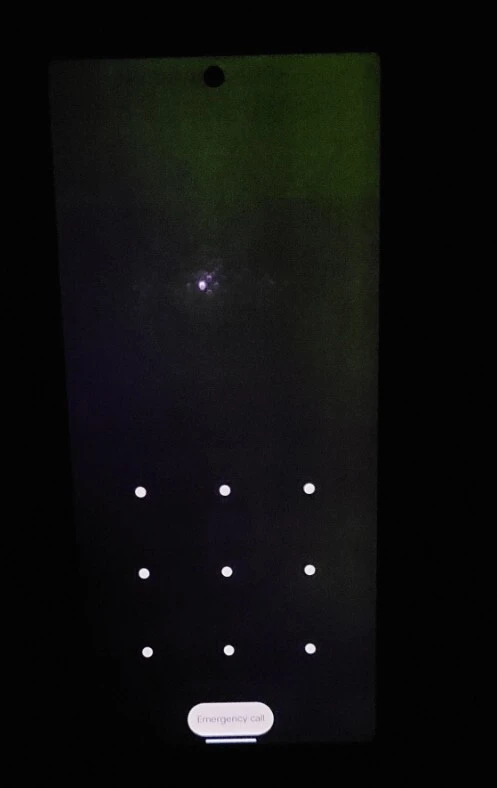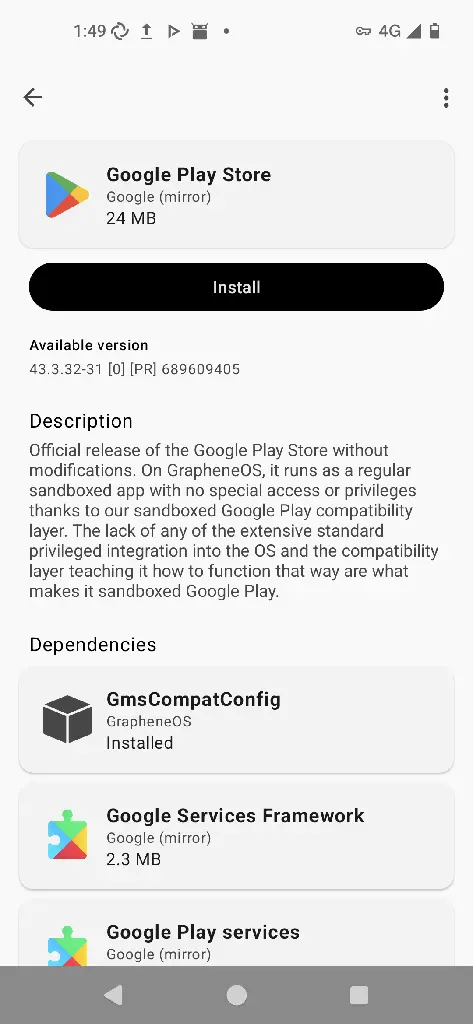Anyone here use GrapheneOS??
Anyone here use GrapheneOS??
I am a long term GrapheneOS user and would like to talk about it. r/privacy on the redditland blocks custom OS discussions which I think is very bad for user privacy, and I hope this post will be useful to anyone who are in the hunt for better privacy.
Nowadays smartphones are a much bigger threats to our privacy and Desktop systems, and unfortunately manufacturers has designed them to be locked down devices with no user freedom. You can't just "install Linux" on most smartphones and it is horrible. And most preloaded systems spy on us like crazy. That was why I specifically bought a pixel and loaded GOS onto it.
According to https://grapheneos.org/features , they start from base AOSP's latest version, imptoves upon it's security and significantly hardens it. There's hardened_malloc to.prevent against exploitation, disabling lots of debugging features, disabling USB-c data, hardening the Linux kernel and system apps etc. They even block accessing the hardware identifiers of the phone so that apps cannot detect whqt phone you're using. That means with Tor and zero permissions given, apps are anonymous.
Compatibility with apps are best in Custom ROMs but there are still that can't work, especially if they enforce device integrity. Very few apps usually enforce that tho. Also their community isn't the friendliest but you can get help. Just don't try and engage too much or have too many debates.
Anyone else here use GrapheneOS, or any other privacy ROMs? What is your experience? Do you disagree on any point? Let's have a discussion!

